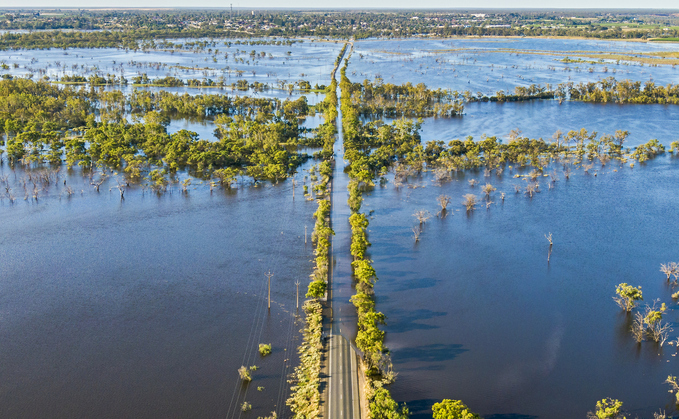
With the impacts of climate change worsening each year, many countries and companies are strengthening efforts to decarbonize, green their economies and build resilience for the future.
Achieving the goal of the Paris Agreement, which is to limit global warming to 1.5 degrees Celsius requires unprecedented change in how we do things. As history has often shown, changes of that scale can seriously disrupt workers and society. The energy transition has the potential to radically transform the global economy, resulting in significant risk and opportunities for the businesses, communities, governments, and individuals operating within it.
As these changes take place, momentum is growing around the concept of a just transition. The International Labour Organization (ILO) defines a "just transition" as "greening the economy in a way that is as fair and inclusive as possible to everyone concerned, creating decent work opportunities and leaving no one behind."
From an investor standpoint, a just transition seeks to address the interconnected financially material issues of climate change, racial injustice, public health and economic inequity. For example, abruptly shutting down a coal plant might be a great decision from an environmental standpoint, but a company must consider the potential social impact and backlash from workers and the local communities that may be economically dependent on this business.
A company- or country-level climate transition plan that does not address critical social issues will likely pit the social wellbeing of its constituents squarely against their own and the rest of the world's broader decarbonization goals, hindering progress in both domains. In addition, credible transition plans have the potential to help enhance human capital, grow regenerative enterprise value, improve corporate reputations and reduce systemic risk.
We therefore believe that the just transition is becoming an increasingly important topic for investors. Understanding these issues will take time, as climate transition plans and decarbonization pathways are still in the beginning stages. Throughout this paper we highlight some examples of the just transition, including those companies and partnerships that are progressing well and others that have more work to do.
This post was funded by MFS
The views expressed in this presentation are those of the speakers and are subject to change at any time. These views should not be relied upon as investment advice, as securities, recommendations or as an indication of trading intent on behalf of the advisor. No forecasts can be guaranteed. Please keep in mind that a sustainable investing approach does not guarantee positive returns and all investments, including those that integrate ESG considerations into the investment process, carry a certain amount of risk including the possible loss of the principal amount invested
© 2023 MFS Investment Management. All rights reserved









